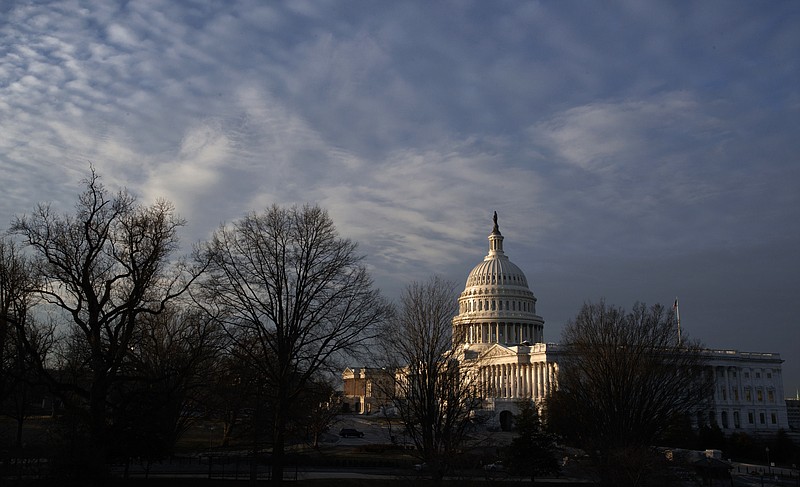WASHINGTON (AP) - The Latest on new Republican legislation to replace the health care law (all times local):
7:50 a.m.
White House budget chief Mick Mulvaney says it's unfair to compare how many people would have health insurance under the new Republican plan to "Obamacare."
President Barack Obama's health care plan insured about 20 million people, including many residents of states carried by President Donald Trump in November's election.
Mulvaney told NBC's "Today Show": "What Obamacare did was make insurance affordable, but care impossible to actually afford. The deductibles were simply too high. So people could say they have coverage but they couldn't actually get the medical care they needed when they get sick."
Trump has promised in the past that his plan will "take care of everybody" by making "a deal" with hospitals. Mulvaney said Tuesday that "what people are getting here is access to coverage."
He predicted the bill would pass the House by Easter before going to the Senate.
__
7:40 a.m.
White House budget chief Mick Mulvaney says that while the nonpartisan Congressional Budget Office hasn't yet determined the cost of the new health care bill, he's sure it will bring "tremendous long-term savings" by giving states more control over Medicaid, the joint federal-state program for low income Americans.
The GOP bill keeps the health law's higher federal financing for expanded Medicaid through the end of 2019. After that, states can only continue to receive enhanced federal payments for beneficiaries already covered by the expansion. But for newly enrolled beneficiaries, the federal government would provide a lower level of financing.
Mulvaney told "CBS This Morning" the budget office has run its own numbers and is "absolutely convinced" the GOP plan will save the federal government money through savings on Medicaid spending and other innovations.
__
3:30 a.m.
House Republican legislation overhauling the nation's health care law would limit future federal funding for Medicaid, which covers low-income people, about 1 in 5 Americans. And it would loosen rules that former President Barack Obama's law imposed for health plans directly purchased by individuals, while also scaling back insurance subsidies.
Republicans say their solutions would make Medicaid more cost-efficient without punishing the poor and disabled, while spurring private insurers to offer attractive products for the estimated 20 million consumers in the market for individual policies.
But Democrats say the bill would make many people uninsured, shifting costs to states and hospital systems that act as providers of last resort. Individual policy holders might be able to find low-premium plans, only to be exposed to higher deductibles and copayments.
House committees planned to begin voting on the legislation Wednesday.
